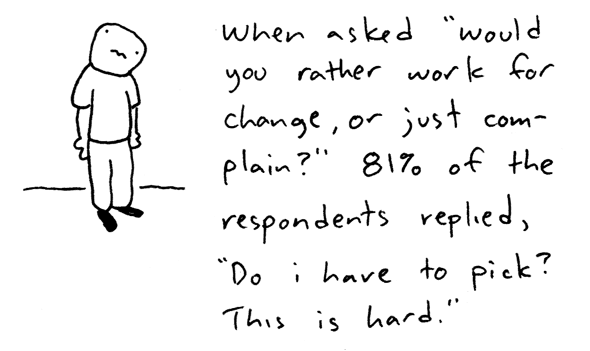 |
| www.toothpastefordinner.com |
I strongly support this action and I hope you'll take the time to complete the survey. I found the process of responding to be a really enlightening process. I found myself thinking in a broader way about the challenges that face our field and about the cultures of annual professional meetings. Although I enjoy and have found HSS meetings very productive, I definitely think there is room for improvement. Although the history of science supports diverse viewpoints, it is no secret that in other areas, particularly racial diversity, our homogeneity is plain to see. The Graduate Student and Early Career Caucus has done a great job improving the experience for more junior members of our society, but more efforts in this direction are also needed and, I think, would complement efforts toward increasing diversity. I was impressed by the degree to which the survey solicited written responses for clarifications and further thoughts, and I know those involved in putting it together would appreciate as full a response as possible.
Many thanks to Georgina Montgomery and our own alumna Erika Milam for spearheading this effort as the co-chairs of the Women's Caucus, and to Lynn Nyhart and the Executive Committee for their sponsorship. Many thanks as well to the graduate students who helped to organize and provide feedback early on, including our own Meridith Beck Sayre and Scott Prinster.
If you are a new student and have not yet joined HSS, there's no time like the present!
